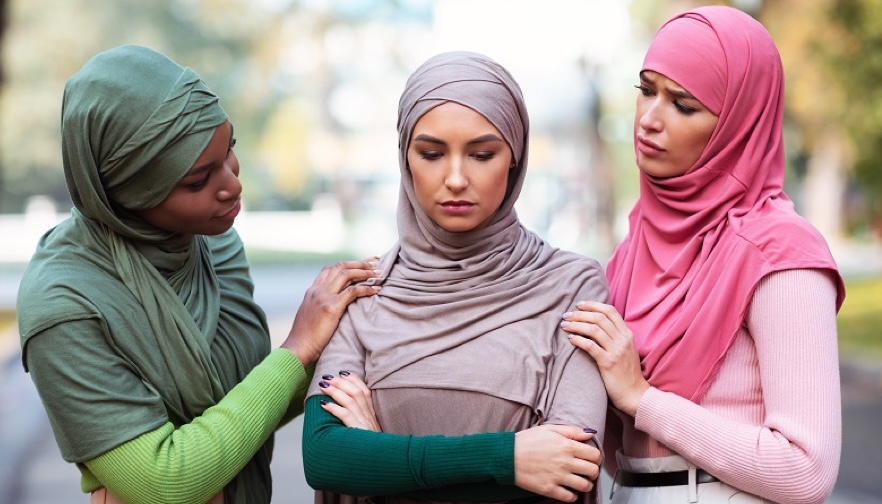
Mental health remains a sensitive subject, often surrounded by stigma within Muslim communities. The Muslim Women’s Council (MWC) undertook research to explore the experiences of 50 Muslim women in Bradford, aiming to highlight the challenges they face and propose community-led solutions.
The findings revealed that while half of the participants understood mental health as emotional well-being, others associated it with specific conditions such as anxiety and depression. Alarmingly, three-quarters of the women reported having experienced mental health challenges themselves, but many hesitated to acknowledge conditions like depression due to fears of societal judgement.
Support networks were highlighted as crucial to addressing these challenges. While 70% of participants expressed a willingness to support loved ones, many emphasised the need for safe spaces to discuss mental health openly. Participants also called for faith leaders to take an active role in tackling stigma and educating communities.
The research underscores the need for culturally sensitive approaches to mental health, including fostering community education, creating inclusive support systems, and empowering trusted leaders to advocate for change.
For a detailed look at the findings and recommendations, read the full report here.


